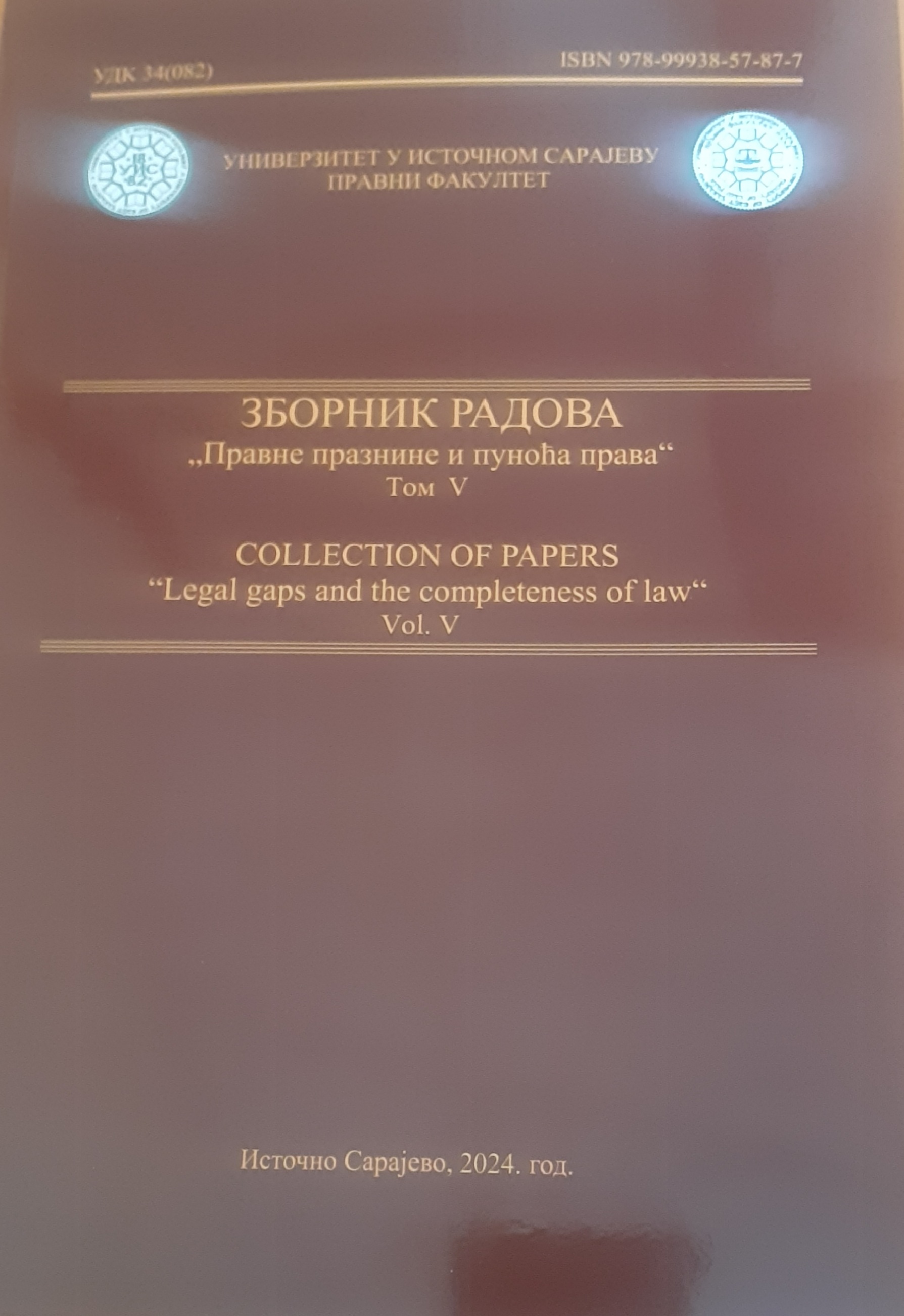Author(s): Branko Đerić,Goran Ašonja / Language(s): Serbian
Publication Year: 0
In the light of accepted international obligations and proposed Bosnia and Herzegovina National Energy and Climate Plan (NECP), some social, economic and technical aspects of decarbonization are considered in this paper. The goal of Bosnia and Herzegovina energy sector decarbonization, as an integral part of EU effort to decarbonize economy and society, should be the gradual leaving of fossil fuels and decreasing anthropogenic influence on the environment. The traditional orientation of the energy sector on domestic coal, with its dominant share in the energy mix, makes decarbonization a highly sensitive process, with far-reaching social, political and economic consequences. Western Balkan Countries, including Bosnia and Herzegovina, as Sofia Declaration signatories, have undertaken the obligation to harmonize national energy legislation with EU acquis and to decarbonize their energy sectors by 2050. These accepted obligations call for a radical reduction of coal consumption as well as GHG and particle emissions, opening the opportunity for increased natural gas consumption throughout the entire energy sector transition in Bosnia and Herzegovina. On the road of total fossil fuel replacement, natural gas is accepted as a transition fuel in European Union. Despite this, it appears that Bosnia and Herzegovina will be compelled to maintain coal plants for power production, given their significant reliance on domestic coal. Even for Bosnia and Herzegovina, decarbonization as a political, economic and technological dictate of developed and rich countries is inevitable, the only remaining question is the order, magnitude, and dynamics of moves on this challenging road.
More...












